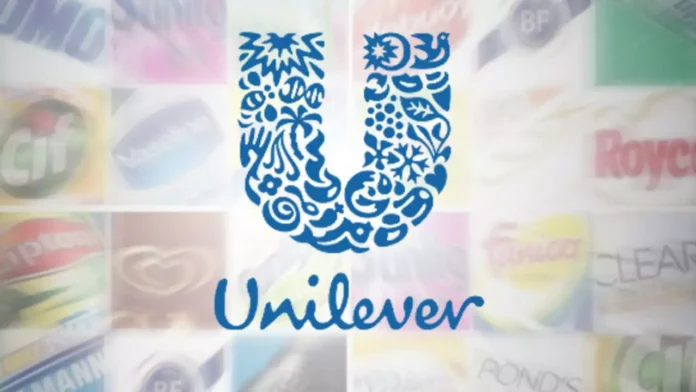FMCG giant Hindustan Unilever‘s managing director, Rohit Jawa, stated that he is neither satisfied with the company’s volume growth nor believes the company has lost its pricing power. This sentiment arises as the consumer trend leans heavily towards investing in larger and more premium brands.
“We aim for more than just a 2% volume growth; our focus is on seeing substantial expansion. We won’t wait for macroeconomic conditions to improve; instead, we’ll actively pursue growth opportunities wherever they arise,” Jawa emphasized. He also noted that tailwinds such as improving macroeconomic indicators and the agricultural economy will be advantageous for HUL.
“But in the meanwhile, we’re not going to wait; instead, we’re going to take action. That will only serve to strengthen us more as we are increasingly pursuing greater volume and variety by investing more money and personnel in high-growth spaces, channels, & formats.” HUL had a 6% decline in net profit for the March quarter, but revenue remained steady.
Continue Exploring: Hindustan Unilever rebrands Horlicks as ‘functional nutritional drink,’ drops ‘health’ label amid regulatory changes
According to the company, the recent quarter’s performance of no pricing growth is the result of price reduction in price-sensitive segments such as laundry and soap. “There are aspects of our business where we raise pricing for reasons other than inflation, such as increased desirability and higher quality. In other areas, we must reduce prices and match price points because consumers require a sweet spot for us to be viable. And we continue to make nice margins on it. As a result, it isn’t a lack of pricing power.”
Over the past four quarters, companies have been reducing prices in response to a noticeable consumer inclination towards more affordable products. However, this strategy has not succeeded in driving up volumes.
“Over the past two to three years, all consumer goods industries had to pass on a considerable amount of inflation, which primarily affected lower-income and rural households. But during that time, the premium end of the market held strong. The market is gradually getting back to normal. Now that volumes are returning, rural areas are progressively getting better. It will most likely occur in the medium term,” according to Jawa, but it’s still not where it was when rural areas were expanding more quickly than metropolitan markets.
The company is aiming to revamp its 90-year-old traditional business model to pursue and invest in high-growth sectors. For example, its primary focus is on nurturing 19 major brands, each generating annual sales exceeding INR 1,000 crore, collectively contributing 80% of total sales. Additionally, it is prioritizing market expansion and premiumization efforts, which together constitute a quarter of its business and have experienced double-digit growth rates.
Continue Exploring: Hindustan Unilever’s net profit dips 1.53% to INR 2,561 Crore in Q4 FY24
“With over two-thirds of our media budget and innovations going towards these categories, the investment will be disproportionate. Accordingly, we are mainly relying on following the money, the people, and the areas of growth. That will revolutionise the company to align with the direction of the new India and is crucial right now,” Jawa stated.
The consumer goods company noted that it perceives a limited correlation between consumption patterns and election cycles, emphasizing instead the significance of governmental actions in rural regions. Jawa highlighted the government’s influence on aspects such as employment, minimum support prices, and capital expenditure initiatives, which play a crucial role in fortifying Asia’s third-largest economy. He emphasized that such measures also contribute to making India an attractive business destination for global players, including HUL.
“The business-friendly policies in place are proving effective. Government investments are playing a pivotal role in propelling the country’s robust GDP growth. This favorable environment makes it an opportune time to establish and expand brands and businesses,” stated Jawa.
In recent quarters, there has been a resurgence of small brands, particularly in the beauty and skincare segment, with nearly 500 direct-to-consumer or digital-only brands emerging. “While we’re making gains in the beauty market, there’s still more to be done. Within our beauty business, the six major initiatives we’ve prioritized have already generated sales of INR 2,000 crore last year and are experiencing a 50% growth rate in ecommerce. In fact, a fraction of our total beauty business is already comparable in size to a successful direct-to-consumer company,” noted Jawa.
Continue Exploring: Hindustan Unilever evaluates options for ice cream business future amid global restructuring by parent company





